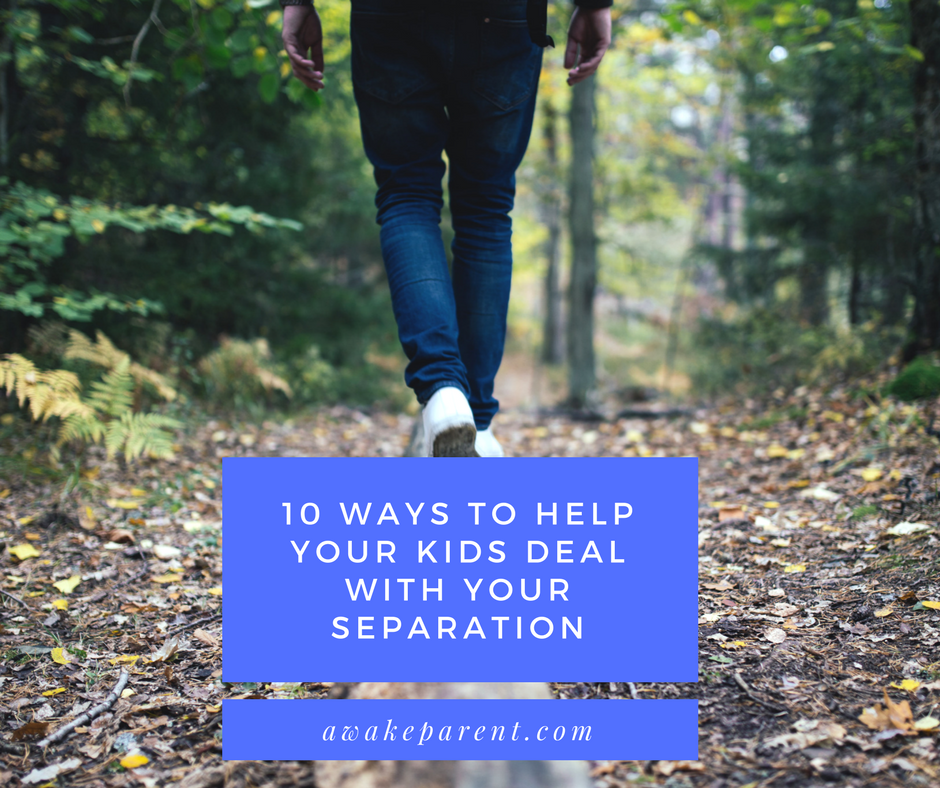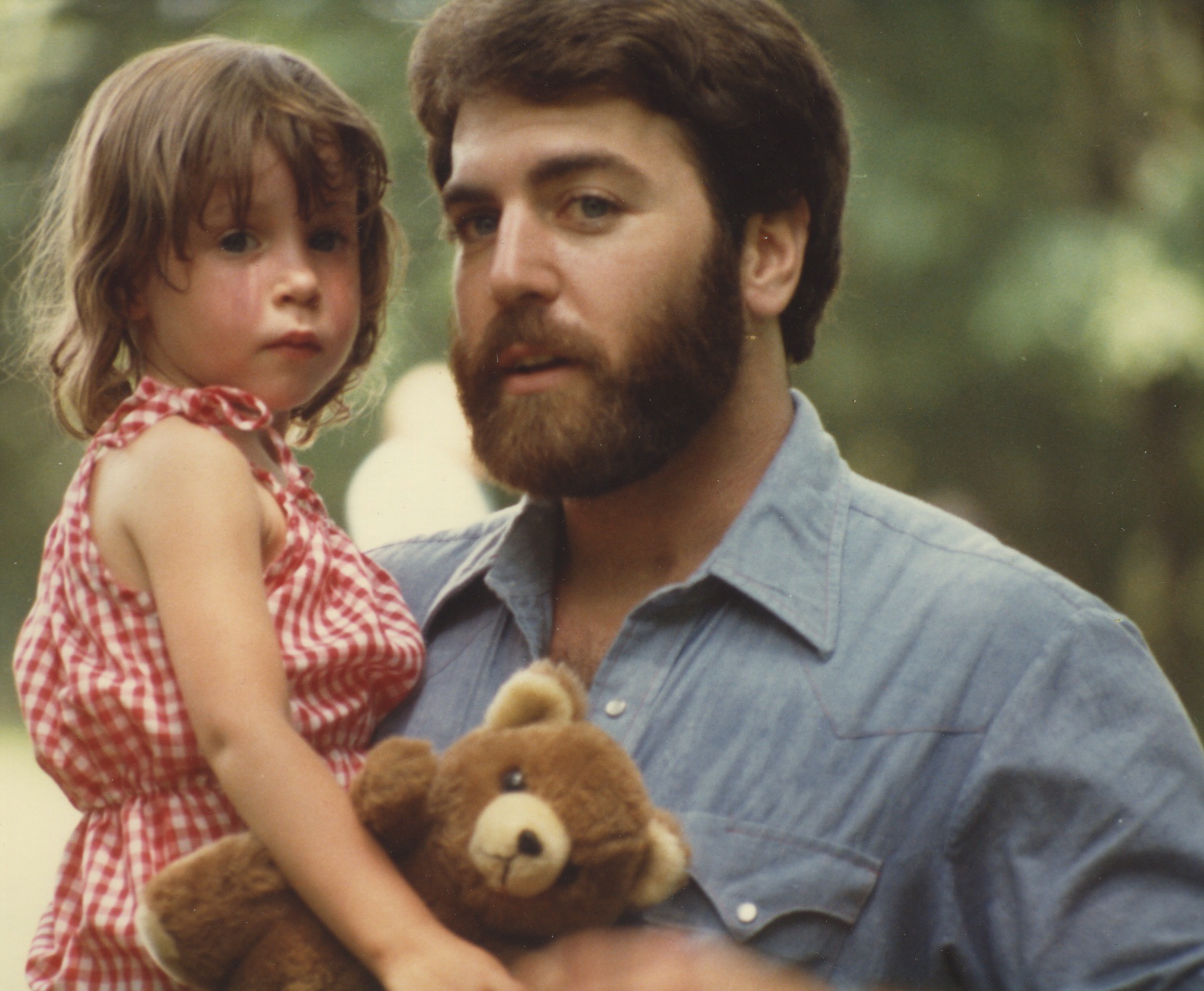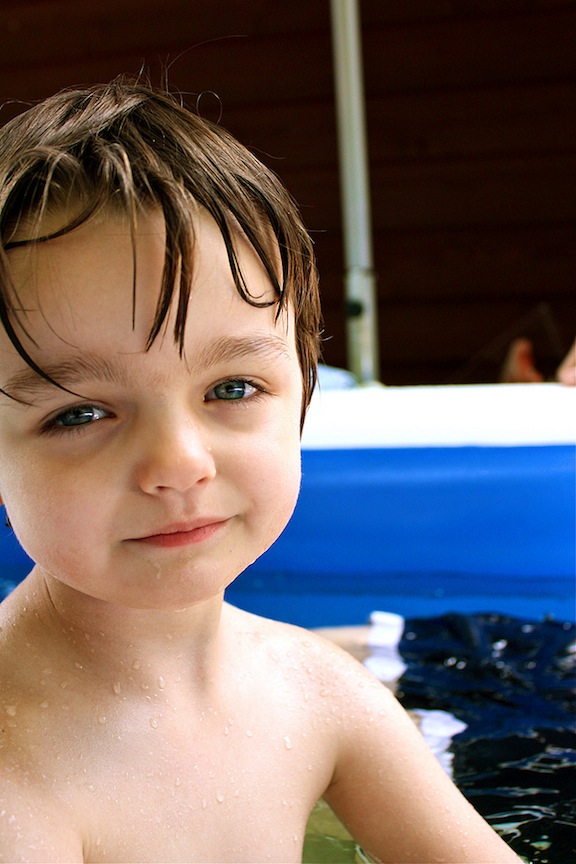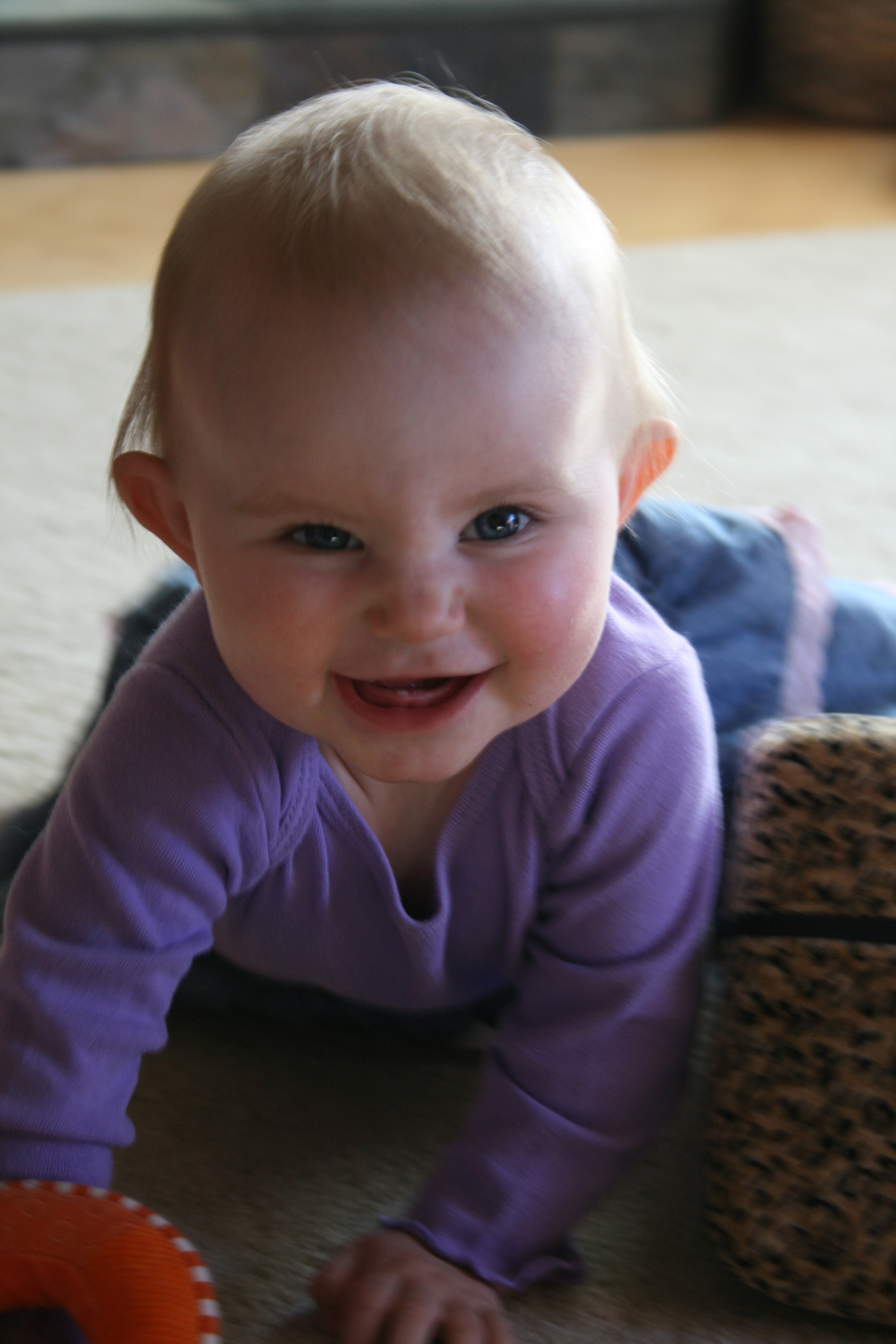As a child of divorce myself, I can share my own experience to help you navigate your separation in the way that will best support your children and allow them to adjust to the new reality of having two separate homes. I may write more on the topic of healing or ending your romantic relationship, but today let’s focus on how you can help your children thrive, even in the midst of your separation.
Please note, I’m writing this article with the assumption that you were married and that both parents will continue to be involved in your children’s lives. If that’s not the case, there are still some points that will be helpful, but others may not apply or you may need to change the language to suit your needs, for instance, you can replace the word spouse with girlfriend/boyfriend/partner as needed. My hope is that all children will be encouraged to have some connection and relationship to both of their parents whenever possible.





